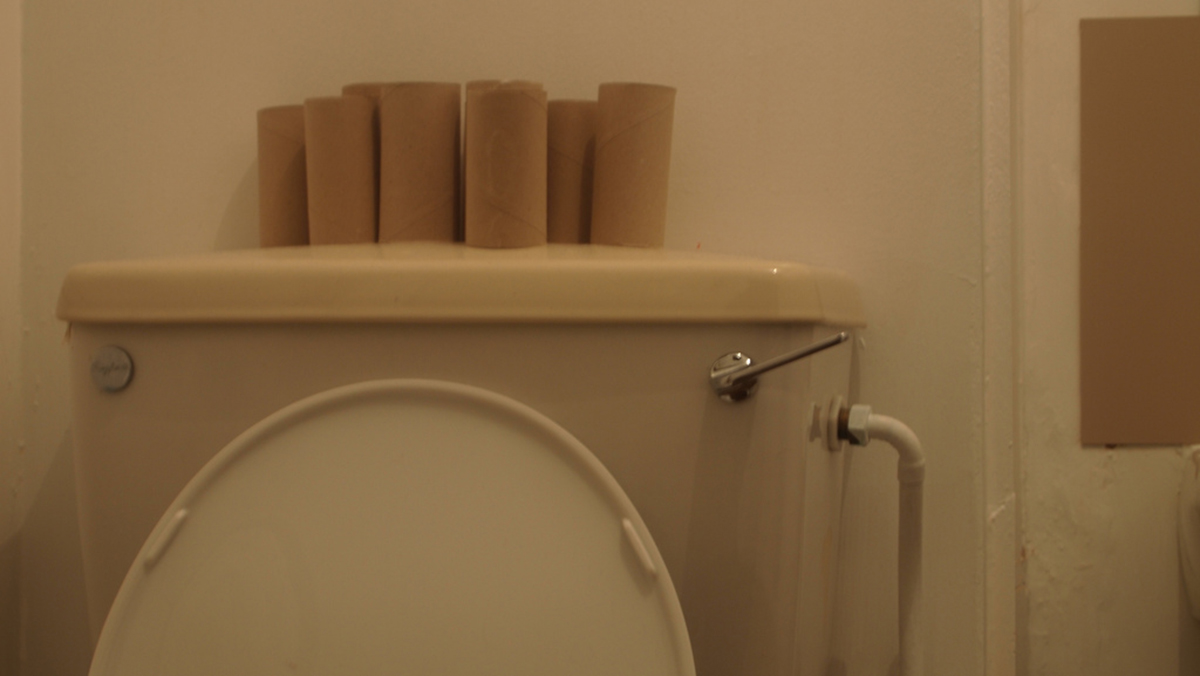Table of Contents
Irritable Bowl Syndrome (IBS), which is also sometimes referred to as spastic colon is a functional digestive disorder that can cause much discomfort and even pain to its sufferers. IBS is not a disease or inflammatory state, and is generally diagnoses in the absence of a clinical disease of the bowel, like inflammatory bowel disease.

Classically, IBS presents with unexplained abdominal discomfort or pain and a change in bowel habits.
The causes of IBS are unclear but for the most part it is a stress related disorder, causing spasms in the colon. Often, IBS is also associated with food allergies and Candida but these are not diagnostic criteria and are often absent in IBS. The symptoms of IBS are very closely related to what and how we eat, so diet is paramount in managing symptoms. In addition stress management, especially around meal times is also very important in ensuring the best possible outcomes and less discomfort. There is no ideal diet for IBS as everyone is different in terms of symptom presentation and the ability to tolerate certain foods.
Diet And IBS
Fiber
Fiber is one of the most important dietary aspects to consider in IBS as it plays a key role in bowel functionality and regularity. However, the type of fiber is important and depends on symptoms and presentation. The two main types of fiber are soluble and insoluble fiber and are important to understand what these fibers do in relation to IBS symptoms.
Soluble fiber attracts water to help form a gel in the system, which slows down digestion. They are therefore more useful in helping to treat the symptoms of diarrhoea. Sources include oats, oat bran, legumes like lentils and peas, apples, oranges, pears, strawberries, nuts, flaxseeds, beans, dried peas, carrots, cucumbers, psyllium seed husk and ispaghula husk.
Insoluble fibers help to decrease the time food spends in the digestive system and therefore have more of a laxative effect and are used to treat constipation. Sources include whole grains like brown rice and whole-wheat, wheat bran, corn bran, nuts and seeds, zucchini, celery, broccoli, cabbage, onions, tomatoes, carrots, cucumbers, green beans, dark leafy vegetables, fruit, and vegetable skins.
Depending on the presenting symptoms, you can choose from these fibers accordingly. However, one needs to be careful when adding fiber to the diet.
See Also: Five Fibs About Fiber
Roughage is that part of food that is not digested and remains hard and lumpy throughout the small and large intestine. Examples include the husks of beans and lentils, pips and skins of fruits. Other foods to avoid include coconut flakes, popcorn, whole corn, aubergine, cucumber seeds and skin, green leafy vegetables, berries with pips. For greens flat leave baby spinach, butter lettuce and rocket should be fine to eat, but it depends on the individual.
- Photo courtesy of SAM DA PLANT by Flickr: www.flickr.com/photos/anuschmidt/6472999053
- Photo courtesy of Gagilas by Flickr: www.flickr.com/photos/gagilas/9878481954

